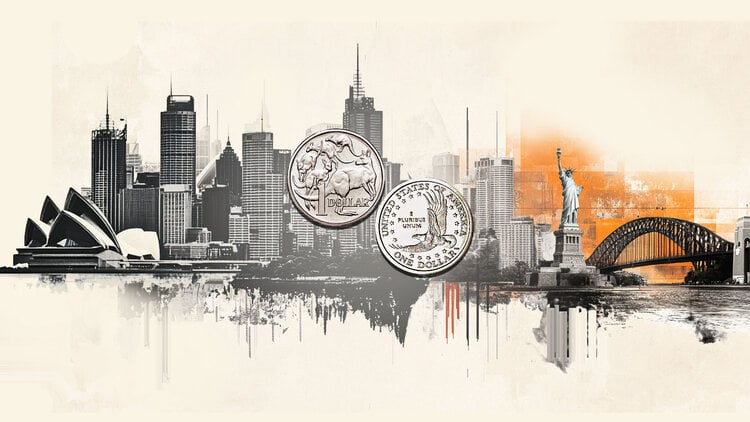Representatives of these countries said the ECB was exceeding its powers by limiting the number of digital euros that EU citizens could hold in wallets maintained by the continental central bank. If the ECB sets a high limit on withdrawals of the digital euro, then during economic downturns users will be able to withdraw significant amounts from traditional banks. This would jeopardize Europe’s financial stability, one European diplomat told Politico.
Any restrictions on transactions with the digital euro could infringe on people’s personal financial freedom. This raises the question of the balance of power between the ECB and EU member states. The ECB should not overly control its own stablecoin, and central banks need to take a more active role in shaping the structure of the digital euro, insist officials interviewed by the publication.
According to September
data American analytical center Atlantic Council, 134 countries around the world are exploring the possibilities of digital currencies of their central banks. In 2020, there were only 35 such countries. More than 65 countries, including India, Australia and Brazil, are well advanced in creating their own central bank digital currency (CBDC).
The European Central Bank has been developing a digital euro since 2021. At the beginning of the year, ECB board member Piero Cipollone promised that the digital euro would provide a greater level of privacy than private stablecoins.
Source: Bits
I am an experienced journalist, writer, and editor with a passion for finance and business news. I have been working in the journalism field for over 6 years, covering a variety of topics from finance to technology. As an author at World Stock Market, I specialize in finance business-related topics.







